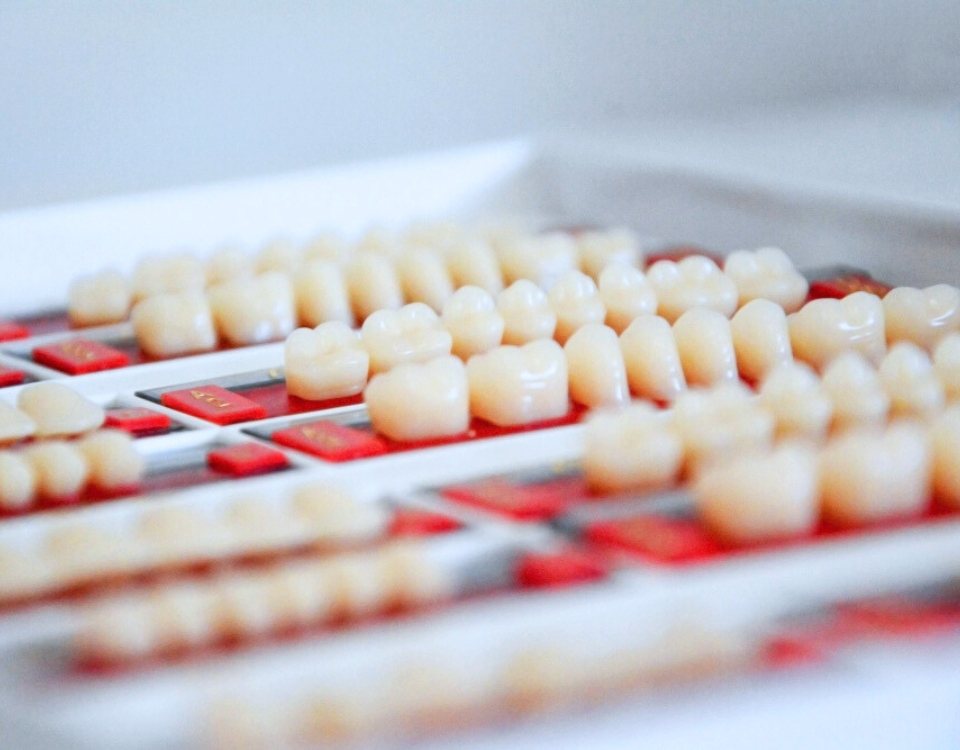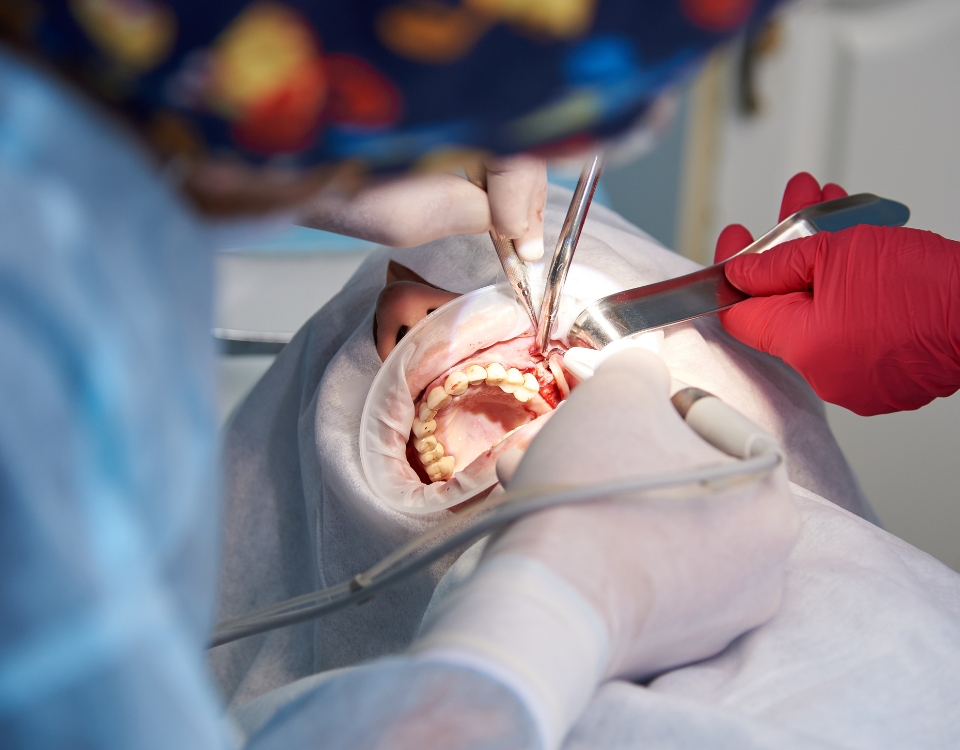Tooth Restoration After a Root Canal: Crowns vs Alternatives
After a successful root canal therapy, the next step is making sure your tooth is restored and protected. For many patients, this means getting a crown. But is a crown always required? And what about alternatives like fillings, inlays, or even extraction? At Ballantyne Endodontics, we help patients understand the options for restoring a tooth…
Read MoreCosmetic Options After a Root Canal: Crowns, Veneers & Internal Bleaching
A root canal is an important step in saving a natural tooth, but many patients also want to restore the appearance of their smile afterward. Discoloration, weakened structure, or cosmetic imperfections may develop once treatment is complete. Fortunately, there are several options to help your tooth look as good as it feels. Why Cosmetic Care…
Read MoreEndodontic Diagnostic Tests: Cold, Pressure & Sensitivity Explained
Patients often ask about the diagnostic tests we perform to understand what’s happening inside their teeth. Since the root canal system is tiny and complex, endodontists rely on a combination of tests to pinpoint the source of pain. Two of the most common — and most useful — are the cold test and the percussion…
Read MoreFailed Root Canal: Causes, Symptoms & Retreatment Options
Root canal therapy has a success rate of over 95%, saving millions of natural teeth each year. Still, like any medical procedure, it isn’t foolproof. Sometimes a treated tooth doesn’t heal properly or becomes infected again. This is known as a failed root canal or reinfected root canal. At Ballantyne Endodontics, our mission is to…
Read MoreWhat’s the Difference Between a Root Canal and an Extraction?
When a tooth becomes badly infected or damaged, your dentist may recommend one of two treatments: a root canal or a tooth extraction. Both options relieve pain and eliminate infection, but the way they work — and the long-term results — are very different. As endodontists, we believe in preserving natural teeth whenever possible. That’s…
Read MoreWhy Does My Tooth Hurt When I Chew? Signs of a Cracked Tooth or Infection
Key Takeaways: Chewing pain is a warning sign: Pain when you chew usually means something’s wrong — from a minor issue like a high filling to something more serious like a cracked tooth or infection. There are many possible causes: Tooth pain while chewing can stem from cavities, fractures, jaw issues, sinus problems, failed root…
Read MoreWhen is Apicoectomy Necessary? Your Questions Answered
If you’ve had a root canal but pain or infection persists, your endodontist might recommend a minor surgical procedure called an apicoectomy. This guide explains when it’s necessary, how it’s performed, and what to expect during healing. Understanding Tooth Root Anatomy Your teeth are anchored into the jawbone by roots. Front teeth usually have one…
Read MoreHow to Tell If Your Root Canal Has Failed (and What to Do Next)
Sometimes patients ask: What happens if a root canal fails? The good news is that around 95% of all root canals are successful and last for years — often a lifetime. However, in medicine, as in life, there are no guarantees. If you’re experiencing severe pain in a tooth that previously had a root canal,…
Read MoreIs Gentlewave Worth It?
Key Takeaways: Understanding GentleWave: GentleWave is an advanced root canal irrigation system that utilizes sound waves and fluid dynamics to effectively clean and disinfect root canals while preserving more of the natural tooth structure. Benefits of GentleWave: This minimally invasive procedure offers thorough cleaning, reduces discomfort, and often requires fewer appointments, making it a comfortable…
Read MoreWhy Do I Need a Root Canal Again?
Key Takeaways: Causes of Root Canal Reinfection: Root canal reinfection can occur due to several factors, including cracks or damage to the treated tooth, as well as incomplete cleaning and sealing during the initial procedure. Signs You May Need a Root Canal Again: Symptoms indicating the need for a root canal retreatment are sensitivity to…
Read More









